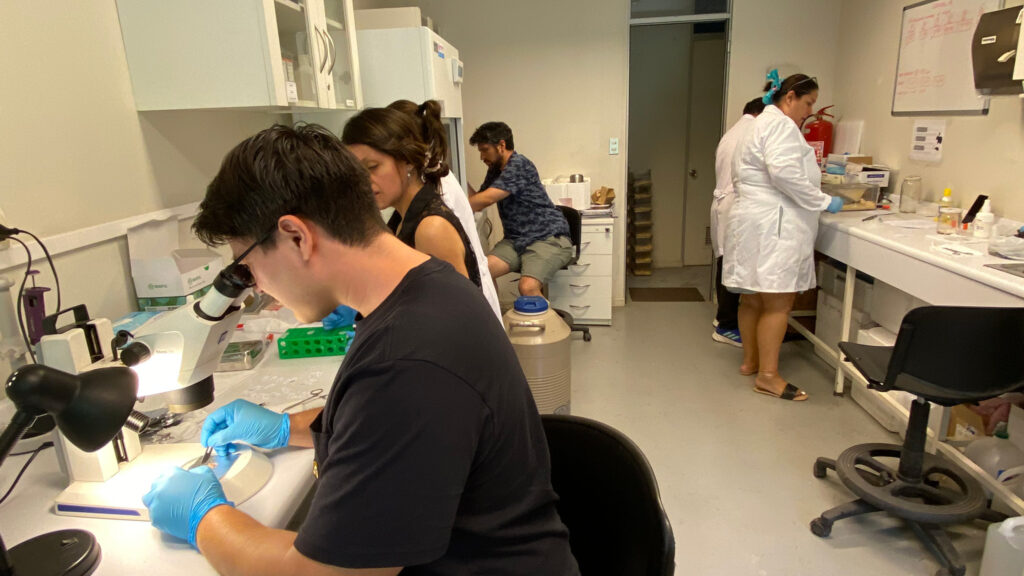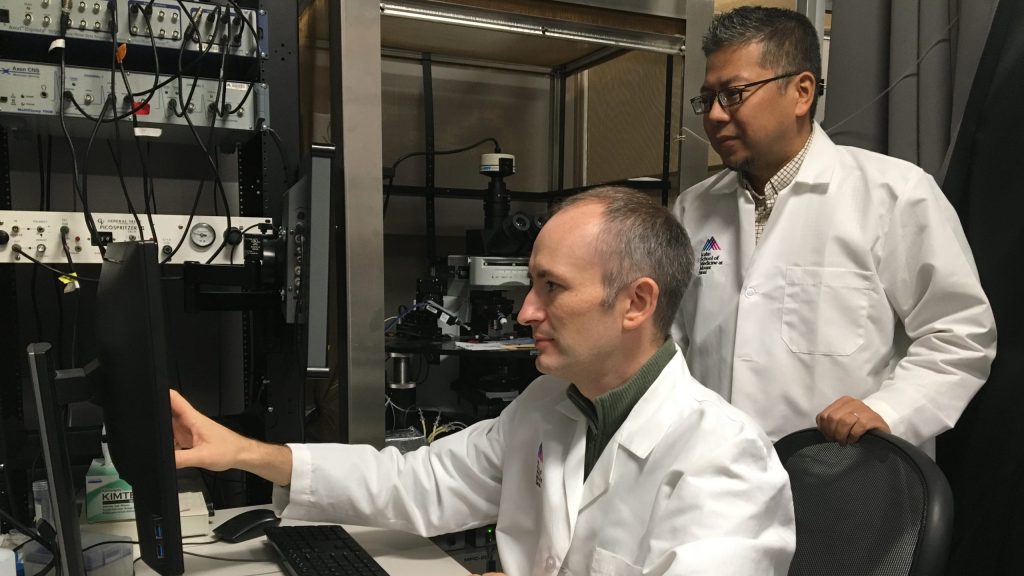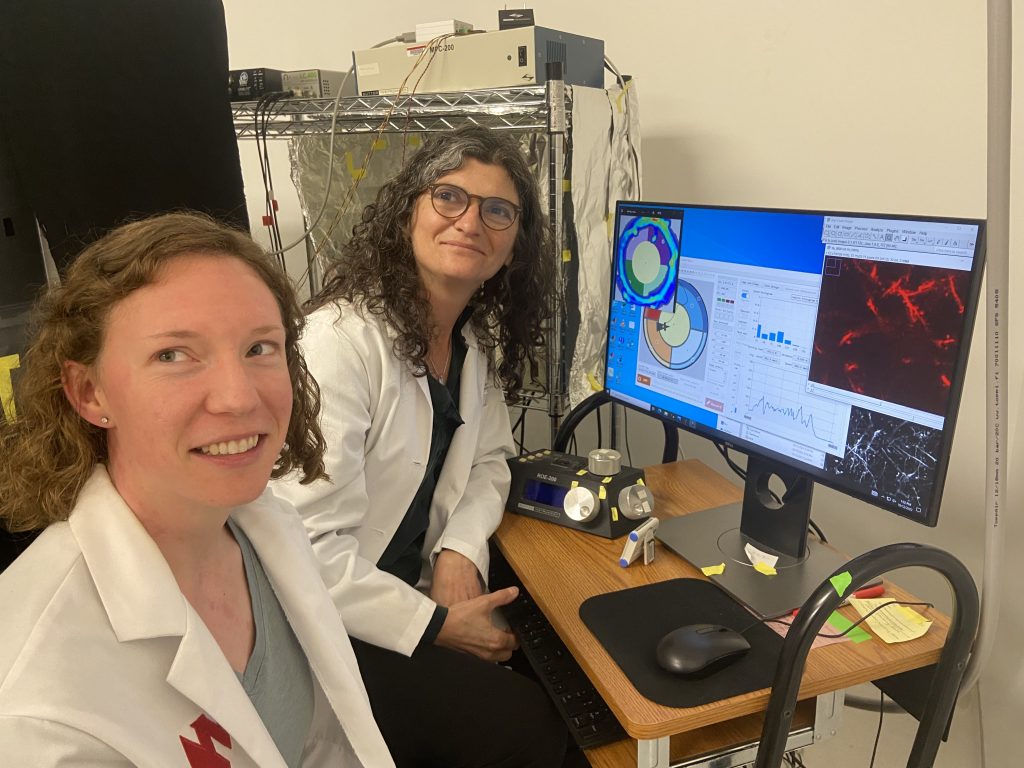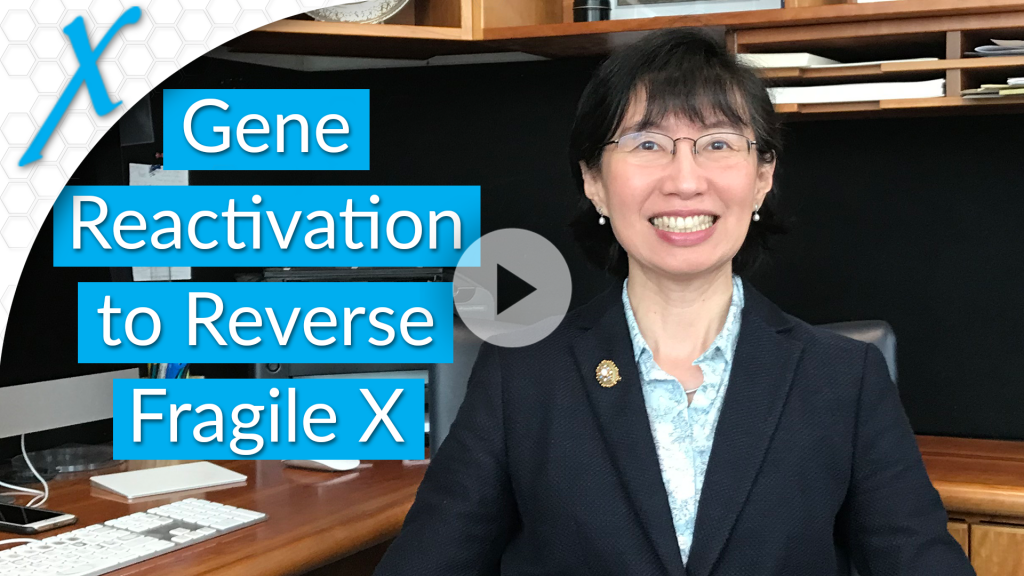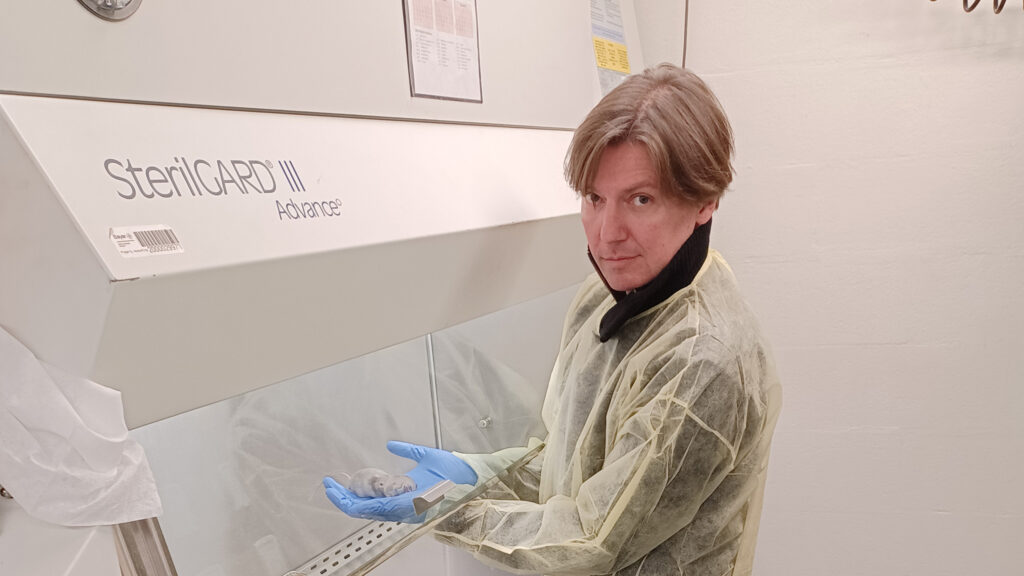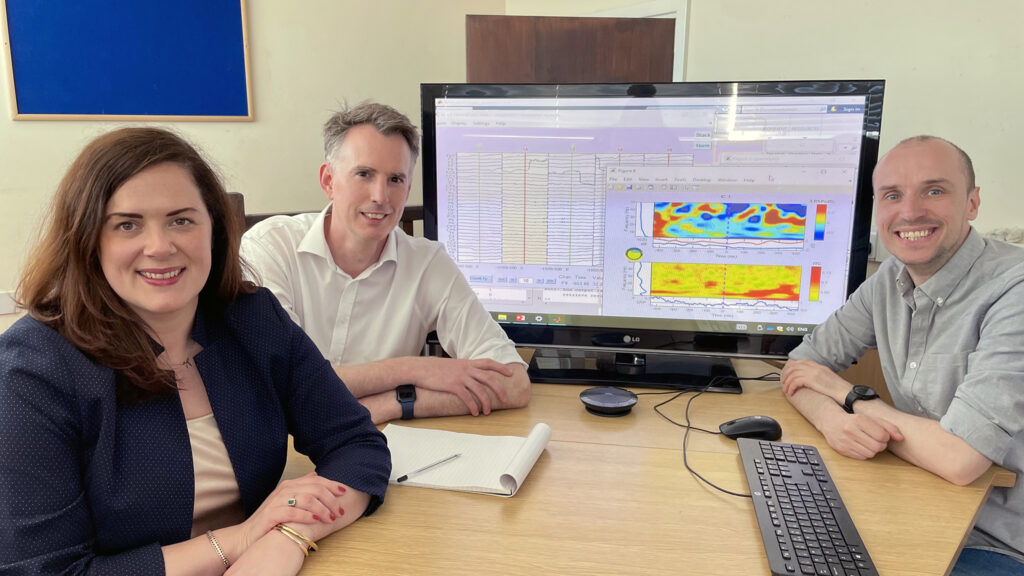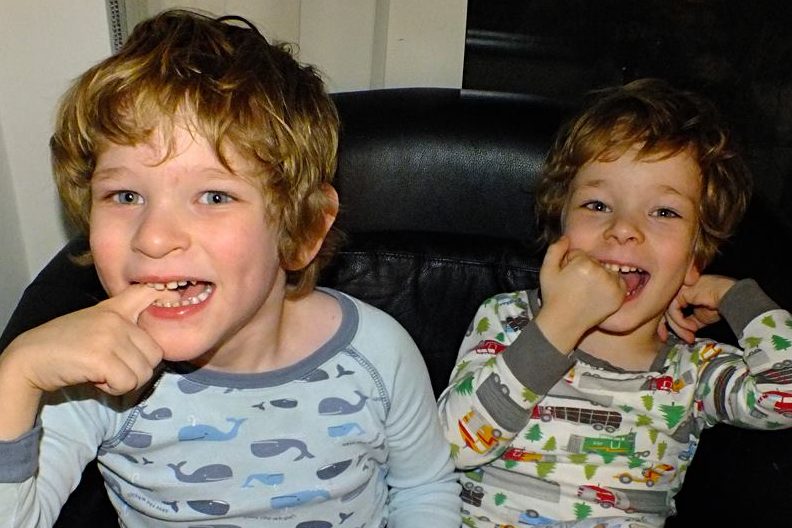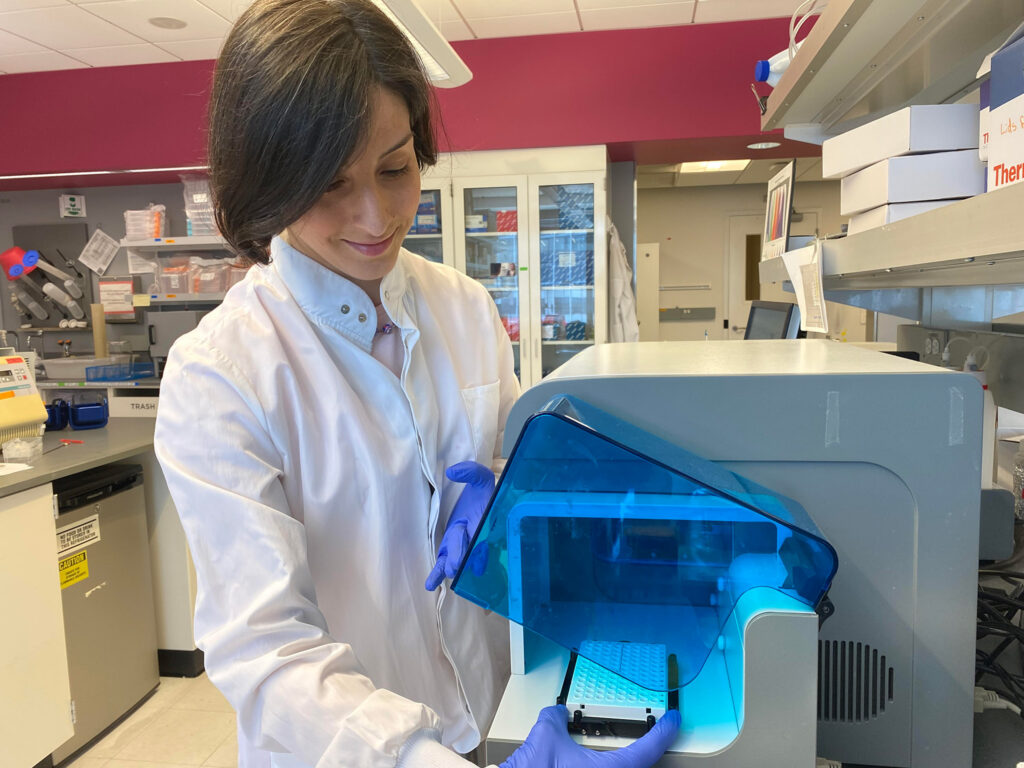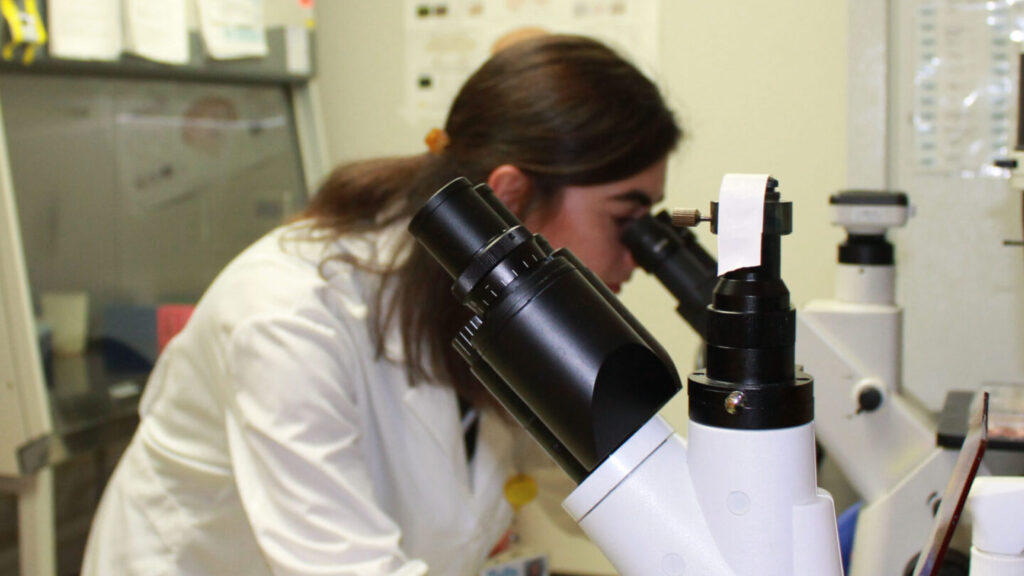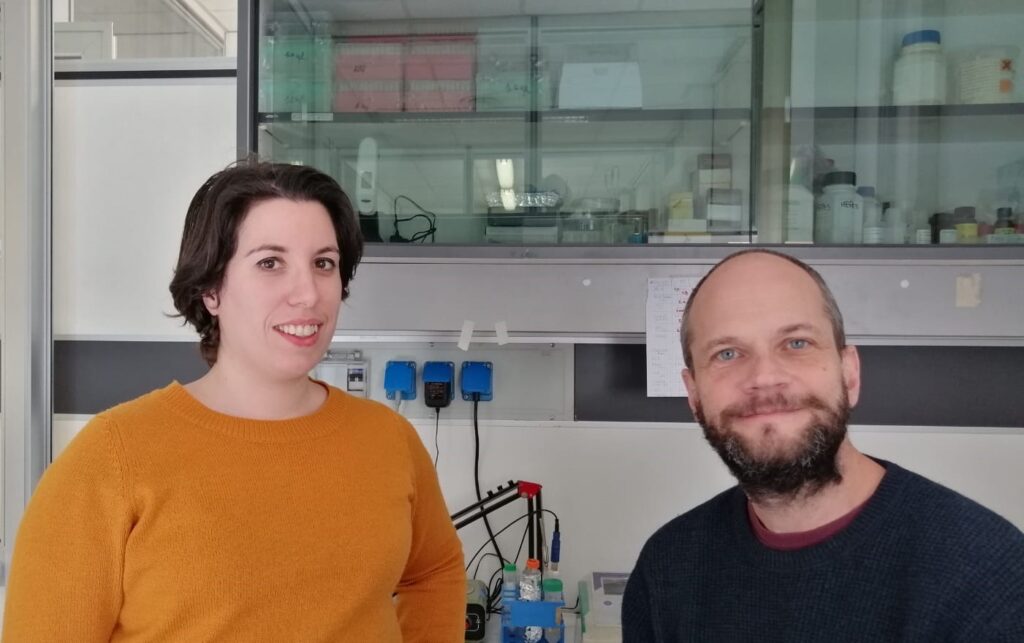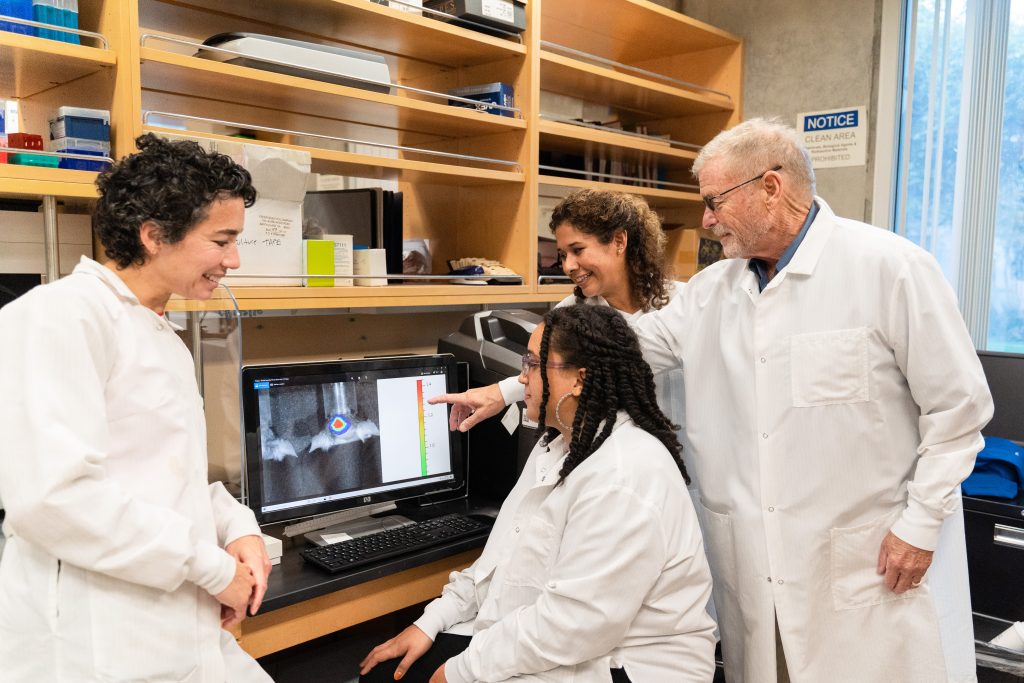Inside the FRAXA Drug Validation Initiative: Advancing Fragile X Treatments
FRAXA-DVI is revolutionizing Fragile X syndrome research, providing efficient, comprehensive and objective preclinical testing of potential treatments.
Pharmacologically Activating mGluR7 as a Novel Therapy for Fragile X Syndrome
Join Dr. Tsai and Dr. Kumar on a journey into novel treatments for Fragile X syndrome. Activating mGluR7 could be a game-changer, opening up uncharted therapeutic territory.
Two-Med Combo Normalized Behavior, Improved Memory in Fragile X Mice
Treating Fragile X might require a combination of drugs. FRAXA-DVI tested ibudilast and gaboxadol in Fragile X mice. Together they rescued a wide array of symptoms.
Unveiling Probiotic Potential in Fragile X Syndrome Clinical Trial
First of its kind in Serbia, this clinical trial explores probiotic intervention as a potential treatment avenue for Fragile X syndrome.
Pharmacological Modulation of Nicotinic Signaling
This study tests whether blocking certain nicotine-sensitive receptors in the brain during adolescence can improve attention and cognition in Fragile X.
Astrocyte Contribution to Sensory Hypersensitivity in Fragile X Syndrome
This team studied how faulty calcium signaling in astrocytes contributes to sensory hypersensitivity in Fragile X, aiming to find new astrocyte-targeted treatments.
Reactivating the FMR1 Gene to Reverse Fragile X Syndrome
This project aims to reactivate the FMR1 gene to combat Fragile X Syndrome, with the goal of restoring vital protein function. This work is now funded by a new FRAXA grant.
C-subunit Mitochondrial Leak Channel in Fragile X Syndrome
Explore Yale’s groundbreaking study on mitochondrial leak channels, set to revolutionize Fragile X syndrome treatment. Funded by a $100,000 FRAXA grant.
Somatosensory Processing as a Therapeutic Target for Fragile X Syndrome
FRAXA-funded researchers in Edinburgh assessed a noninvasive touch test that could be used for clinical trials in Fragile X syndrome.
Antisense Oligonucleotides (ASOs) to restore FMRP in Human Fragile X Cerebral Organoids
Explore Dr. Richter’s encouraging results with ASOs for Fragile X syndrome. A $100,000 grant now fuels pivotal studies needed to advance toward ASO therapy.
Slack Potassium Channel Inhibitors to Normalize FMR1 Knockout Mice
FRAXA research grant enabled Yale researchers to investigate whether Slack potassium channel inhibitors can normalize behaviors in FMR1 knockout mice.
The Endocannabinoid System and Fragile X Syndrome
This project will examine how CBD and other drugs targeting the endocannabinoid system affect hyperexcitable Fragile X neurons to identify new treatment strategies.
Innovative Breakthrough in Fragile X Treatment: The Promise of Antisense Oligonucleotide (ASO) Therapy
This changes everything! FRAXA funded research introduces Antisense Oligonucleotide (ASO) Therapy, redefining Fragile X syndrome treatment and understanding.
Unraveling Fragile X Syndrome: New Insights into FMR1 Gene Reactivation
Discover groundbreaking methods for reactivating the FMR1 gene in Fragile X syndrome. Dive into the transformational research and the implications of self-healing at a cellular level.
Allos Pharma Advances Phase 3 Clinical Trial Design for Potential Fragile X Syndrome Treatment, Arbaclofen
Discover Allos Pharma’s advancements in a pivotal Phase 3 trial for Fragile X syndrome treatment, Arbaclofen. Learn how their FDA-informed trial design might finally bring hope to the Fragile X community.
Modeling Fragile X Syndrome using Multi-Region Human Brain Organoids
The team is developing new, more accurate Fragile X brain organoids to help researchers study neural circuit problems and accelerate testing of future treatments.
SRC Family Kinase Inhibitor as a Potential Treatment for Fragile X Syndrome
This $100,000 FRAXA grant will fuel the Smith lab’s new approach to treating Fragile X syndrome using Saracatinib, originally a cancer drug.
Fragile X Syndrome and Cancer Research: Unexpected Links and Opportunities for Collaboration
Discover unexpected links between Fragile X Syndrome and cancer. Studies show people with Fragile X have much lower cancer rates. Explore new opportunities for collaboration in this promising research.
Using Exosomes to Discover Fragile X Biomarkers
Could a simple blood test show if a Fragile X treatment is working? This team is studying brain-derived exosomes as a new way to track treatment benefits.
FRAXA Investigator Lynne Maquat Awarded 2023 Gruber Genetics Prize
Dr. Maquat discovered NMD, a key surveillance system in the body that protects against mistakes in gene expression. With funding from FRAXA she is tackling Fragile X syndrome.
Targeting Cognitive Function in Fragile X Syndrome
Why do males and females experience Fragile X differently? This team is studying brain signaling pathways to uncover sex-based differences and guide treatments.
Validating Novel Inhibitors of ERK Signalling to Treat Fragile X Syndrome
This team is testing ERK inhibitors — drugs that may calm overactive brain signaling in Fragile X. Early results in mice show strong benefits with minimal side effects.
Targeting Serotonin 1a Receptors to Reverse Neurobehavioral Phenotypes
Neurolixis’ new drug targets serotonin 1A receptors, showing promise in preclinical studies for Fragile X syndrome, funded by a FRAXA grant for future clinical trials.
10 Year Vision for Fragile X Research – Dr. Elizabeth Berry-Kravis & Dr. Patricia Cogram
In this video we hear from FRAXA Investigators Dr. Patricia Cogram, Professor at the University of Chile, and Dr. Elizabeth Berry-Kravis, Professor at Rush University Medical Center as they reflect on the progress that has been made and visualize what they see happening in the next 10 years for people living with Fragile X syndrome.

